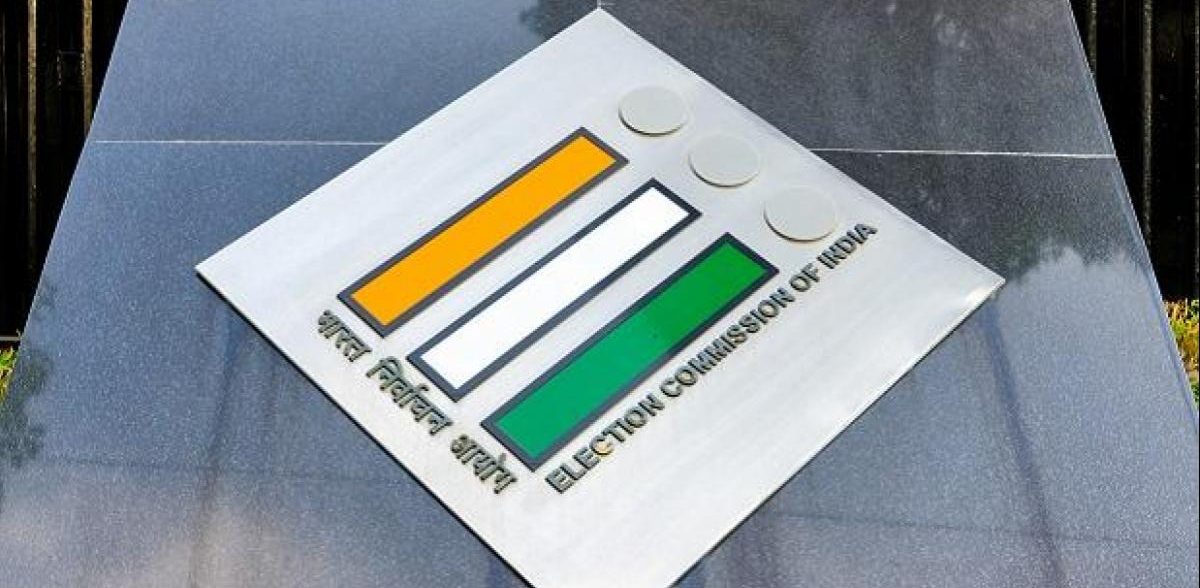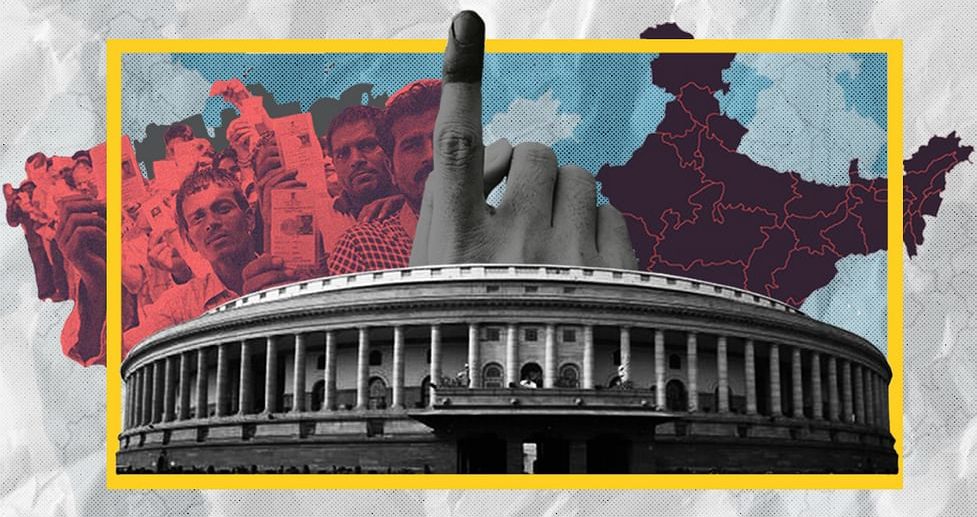- People closely observing the political landscape in the country would feel nothing but paradox and cynical whenever a topic about poll expenses pops up during any form of discussion. Even though the Election Commission of India has introduced several policy measures to keep a tab on the poll expenditure, the fact of the matter is those caps are brazenly violated as the actual expenditure incurred by candidates is manifold. In a huge country like India where the bane of corruption is so very deep-rooted, any attempts at ensuring level playing fields vis-à-vis official cap on the poll expenses tantamount to a big joke, nothing else.

PC: IANS
- We are so used to witnessing the usual paraphernalia associated with the polling that none will believe the candidates have exercised responsibility in sticking to the expense cap. As the saying goes, seeing is believing, huge splurge on canvassing, hoardings, billboards, and not to mention the distribution of goodies/freebies in cash as well as in-kind, is too conspicuous to ignore. Of course, the ruling dispensation at the helm of affairs always enjoys the perks of officialdom as well as official machinery while promoting its candidates during elections which does not get reflected in the final expense sheet.
- Given the situation, the Election Commission’s recently announced revised higher expenditure limits for poll candidates tantamount to irrelevance given political funding realities. Mind you, there are no limits on the expenditure of campaigning political leaders or on political parties, as long as the candidate is not named. Look at some of the statistics revealed on the subject matter. In the 2019 Lok Sabha polls, the Bharatiya Janata Party officially declared an expenditure of Rs. 1,264 crore and Congress, Rs. 820 crore – this, when each candidate could spend just Rs. 70 lakh per constituency. EC should remove all ceilings on poll spend, under whatever category forthwith.

PC: THEPRINT TEAM
- Instead, it should focus on ensuring bringing in transparency in sources of funding. An already opaque framework on the source of funds was made worse by the introduction of electoral bonds in 2018. For the uninitiated, these are bearer bonds that allow parties to raise funding, Indian or foreign, without citizens knowing donors’ identity. Further, amendments to laws such as Income Tax Act, Companies Act, and Foreign Contribution Regulation Act removed the existing provision for both donor and recipient to make disclosures. Presently, the Supreme Court has the electoral bond matter before it. Needless to mention, it would do Indian democracy a world of good if the SC were to take a call on the issue expeditiously.
- Moving ahead, if and when reforms do take place, some logical ideas must be put in. Remember, there should be no restrictions on sources of funding by opening to everyone, corporations, trusts, and individuals with no limits. The idea is to ensure the donor’s identity is made public. Political parties are the means through which public policy eventually gets made. Thus, it accords voters with an indisputable right to know who is funding political parties. Transparency of political funding will also act as a deterrent to conflicts of interest. Indians should know about the financial patrons of BJP, Congress, and other parties. In the absence of the same, the modus operandi of the poll expense remains opaque, unscrupulous, and inviting much-despised unaccounted funding into the fore.






